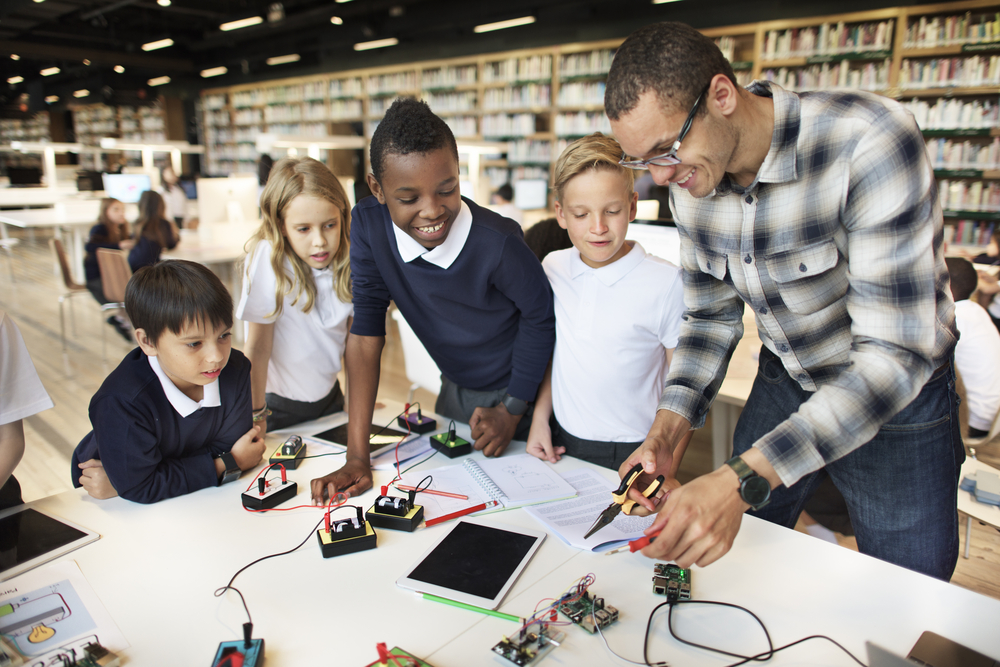Critical thinking development Normal Science Worksheets for Ages 5-9
7 filtered results
-
From - To
Enhance your child's critical thinking skills with our engaging Normal Science Worksheets, specially designed for ages 5-9. These worksheets provide a fun and interactive way for young learners to explore scientific concepts while developing essential analytical abilities. From interesting puzzles to stimulating questions, each activity promotes curiosity and encourages children to think critically about the natural world. Ideal for classroom use or home learning, our resources cater to various learning styles and help foster a love for science. Give your child the tools to succeed with our thoughtfully crafted worksheets that nurture inquiry, problem-solving, and decision-making skills! Explore today!
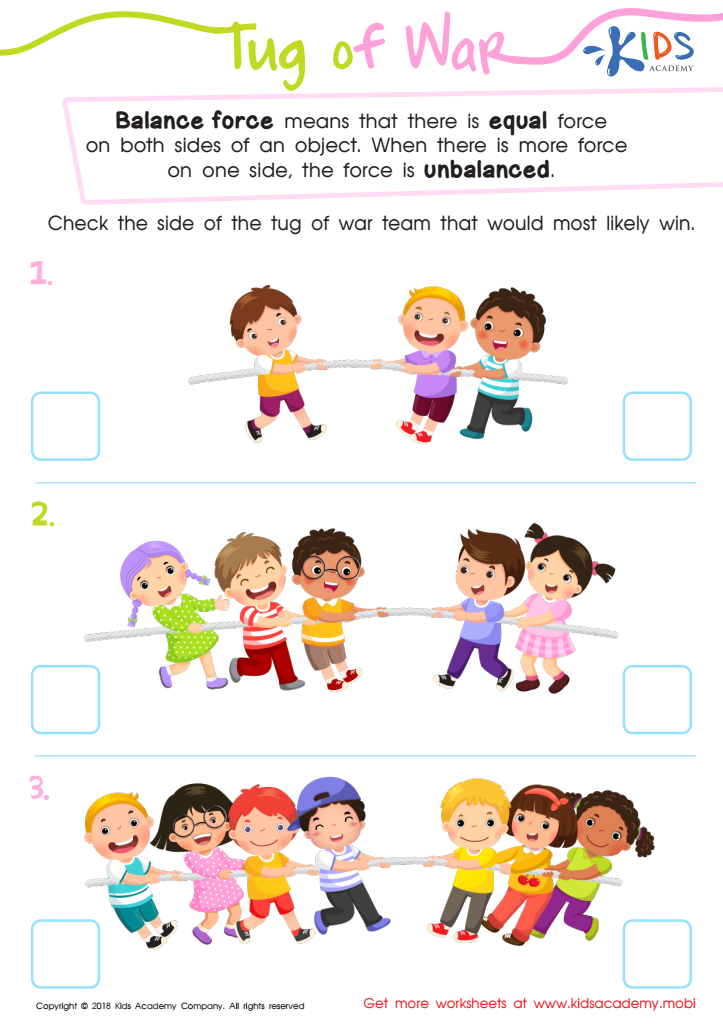

Balanced Forces Worksheet
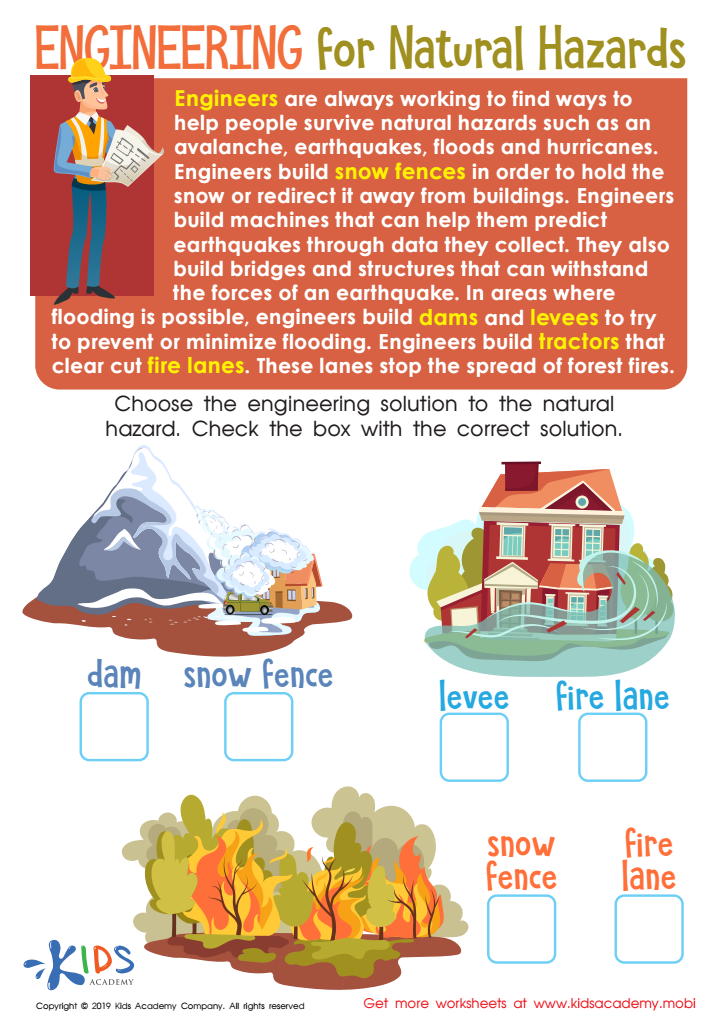

Engineering Natural Hazards Worksheet
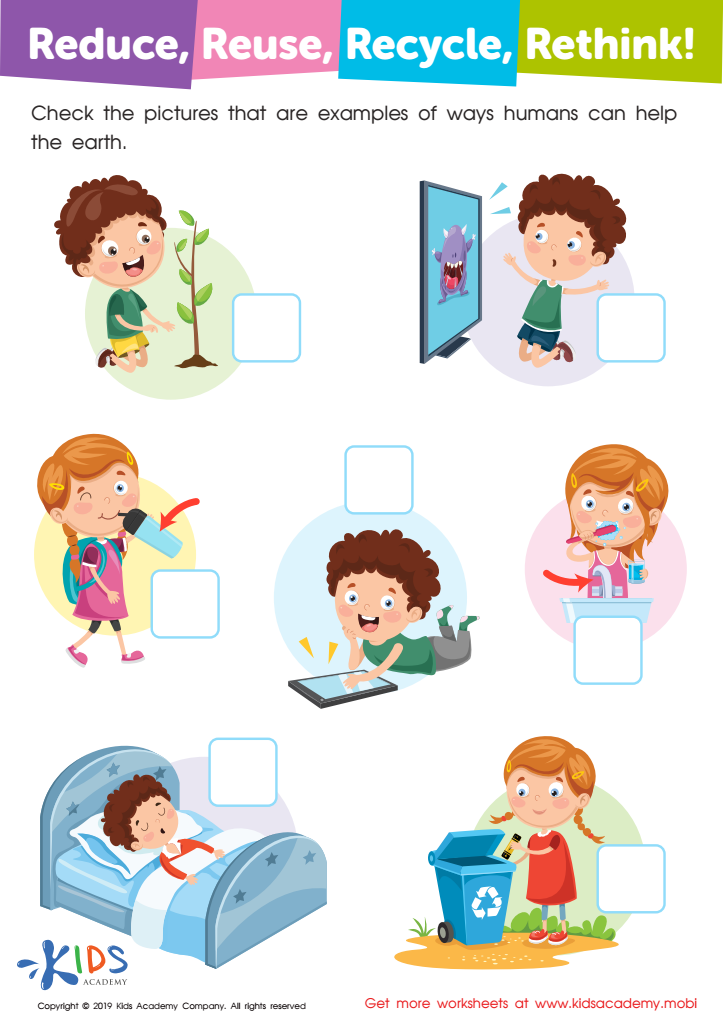

Reduce, Reuse, Recycle, Rethink Worksheet
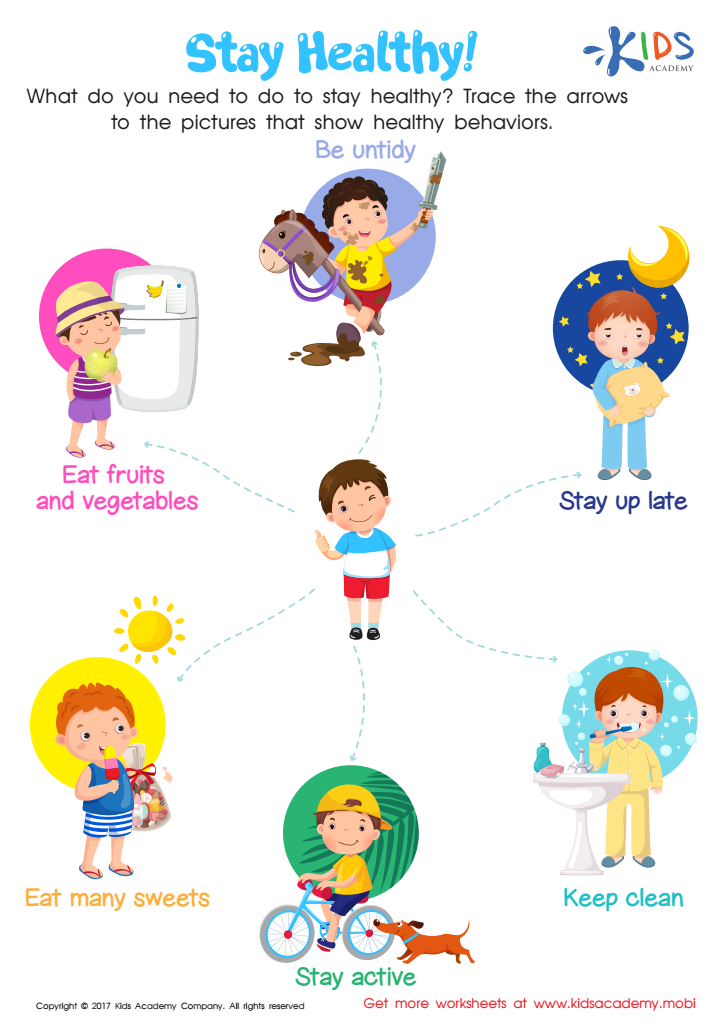

Healthy and Unhealthy Behaviors Worksheet
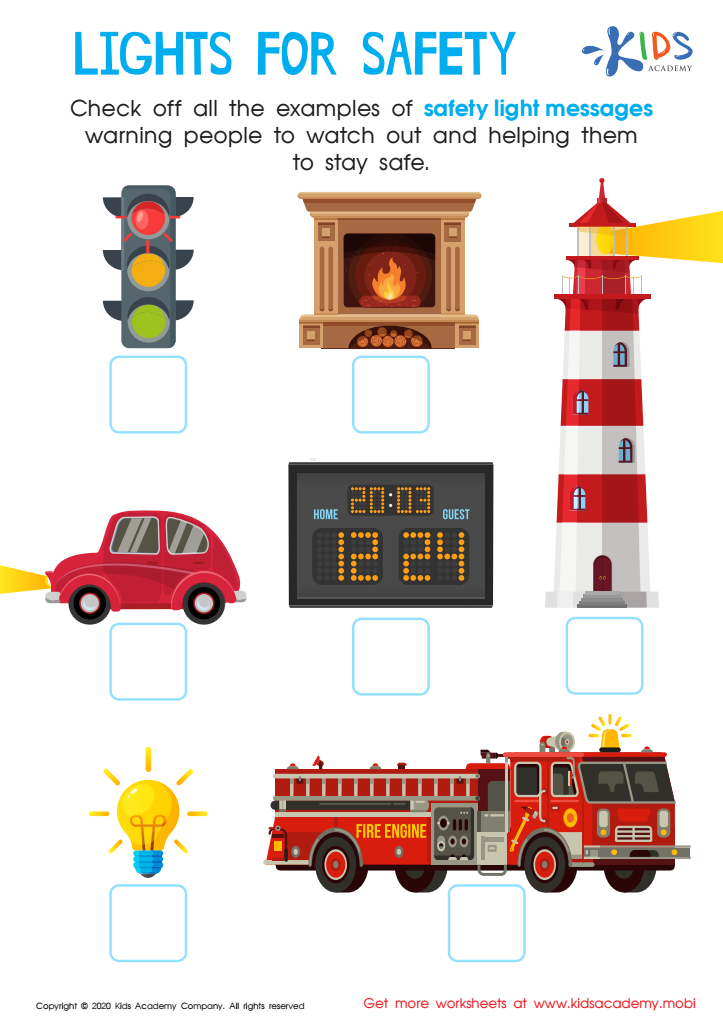

Lights for Safety Worksheet
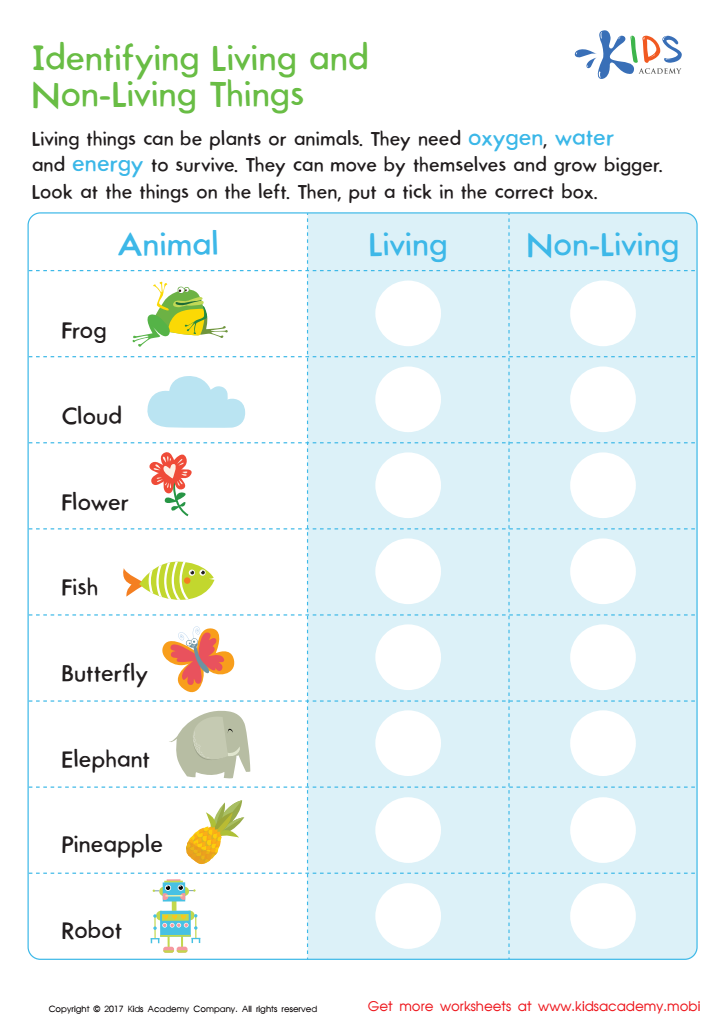

Identifying Living or Non–living Worksheet
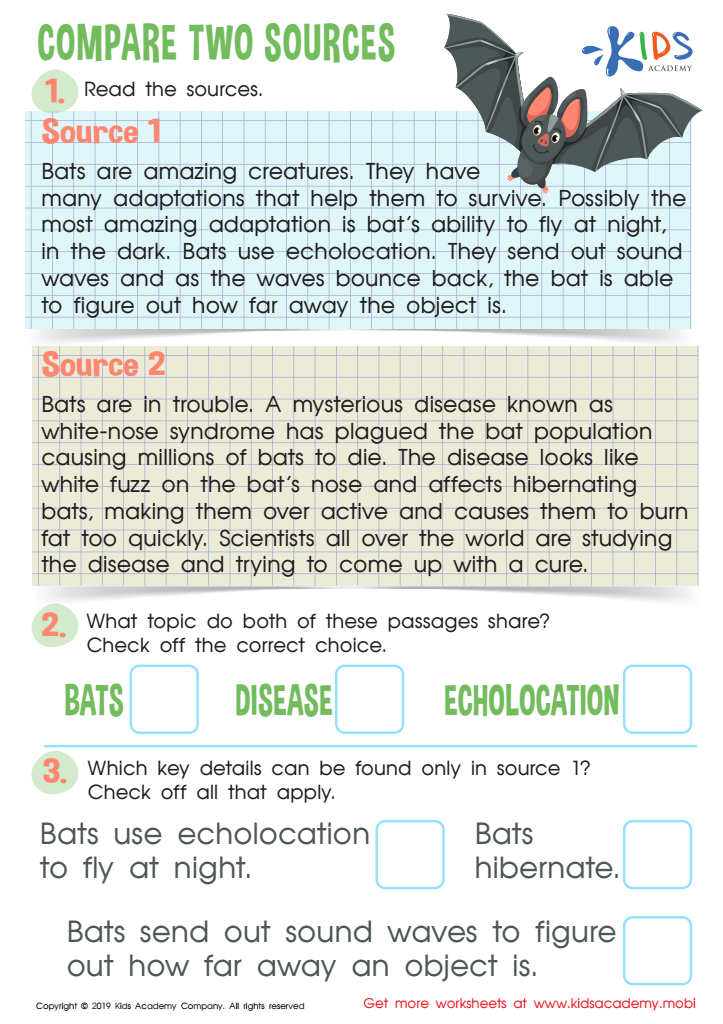

Compare Two Sources Worksheet
Critical thinking development in early science education is essential for children aged 5-9 as it lays the foundation for lifelong learning and problem-solving skills. During these formative years, children are naturally curious, and fostering their scientific thinking nurtures this curiosity, encouraging them to ask questions, explore, and engage actively with the world around them.
Teachers and parents should care because critical thinking in normal science helps children learn how to think, not what to think. It empowers them to make observations, formulate hypotheses, conduct experiments, and draw conclusions, turning them into active participants in their learning journey. This process supports cognitive development and enhances their ability to analyze information and make informed decisions.
Moreover, integrating critical thinking with normal science concepts stimulates creativity and innovation. As children explore scientific ideas, they learn to approach problems from multiple angles, fostering resilience and adaptability—skills that are highly valuable in our rapidly changing society.
Encouraging critical thinking within the context of science also helps cultivate a sense of inquiry and scientific literacy, enabling children to navigate future challenges with confidence. In sum, nurturing critical thinking through normal science not only enriches their education but prepares them for success in life beyond the classroom.
 Assign to My Students
Assign to My Students







